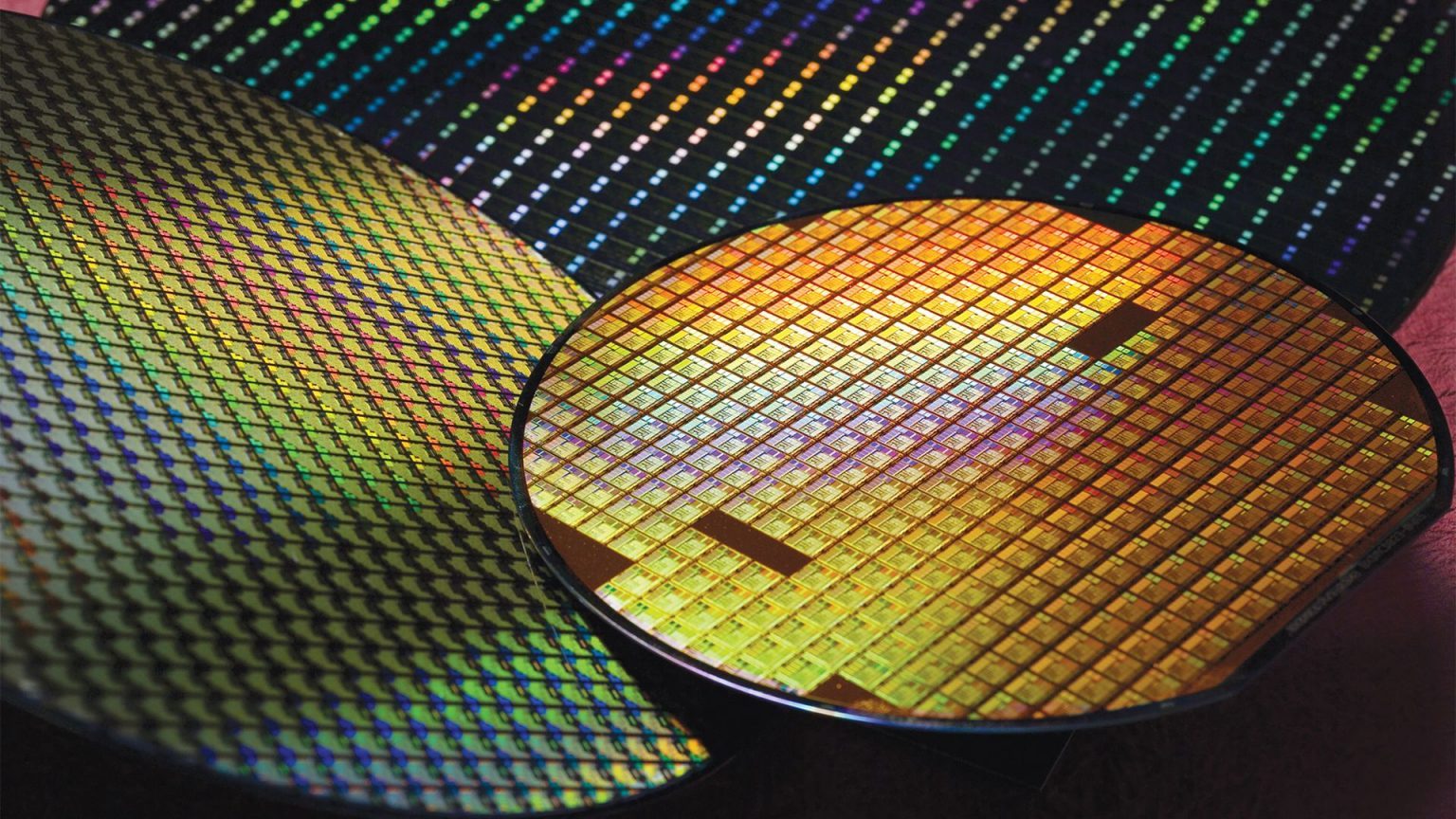The Taiwan Semiconductor Manufacturing Company (TSMC), globally recognized for its leadership in semiconductor manufacturing, currently faces a range of challenges and opportunities in establishing a cutting-edge wafer factory in Arizona, United States. The decision to expand operations abroad has sparked debates and discussions on multiple fronts, involving labor unions and industry experts. This blog post will explore the complexities surrounding TSMC's US factory, the issues it encounters, and the potential impact on its global operations.

The primary challenge TSMC confronts is the delay in constructing its US factory. Recent reports from Jiwei.com and other sources reveal that a shortage of skilled workers has caused setbacks in installing crucial equipment required for the wafer fabrication process. To address this issue, TSMC has deployed experienced professionals from Taiwan to train local technical staff. However, this has caused friction with local labor unions, who argue that relying on foreign expertise may hinder job opportunities for US workers.
Rumors within the industry suggest that TSMC is considering applying for visas to bring approximately 500 Chinese Taiwanese workers to the US to assist with the construction process. In response, local labor unions have initiated petitions urging US senators and congressmen to block these visas. This tension highlights the conflict between TSMC's global workforce strategy and the interests of local labor unions.
TSMC is mindful of the delicate situation and emphasizes its commitment to maintaining open communication with all stakeholders, including labor unions. The company clarifies that the number of professionals dispatched from Taiwan to Arizona is limited and for short-term tasks. TSMC asserts that this deployment will not adversely affect local employment opportunities or ongoing recruitment efforts within the United States.
At present, the US factory is in a critical stage of equipment installation, as disclosed by TSMC's chairman, Liu Deyin. The scarcity of skilled professionals in equipment installation necessitated the dispatch of experienced staff from Taiwan. Consequently, the expected mass production timeline has shifted from 2024 to the end of 2025. The chairman's transparency regarding these challenges underscores the company's commitment to overcoming obstacles.
Local labor unions express concerns about possible displacement of local workers by foreign staff. However, TSMC reaffirms its focus on prioritizing local hiring, particularly for positions such as electricity, sheet metal, and welding. Industry experts, including Peng Jianwen, executive director of Pinshuo Innovation Management Consulting, have noted TSMC's aim for consistency between its overseas bases and Taiwan factories, regardless of location. This replication model ensures seamless operations and upholds the company's global standards.
TSMC's endeavor to establish a state-of-the-art wafer factory in the US presents significant challenges and opportunities. Clashes with labor unions and the need to bridge the skills gap serve as obstacles. However, these challenges also provide opportunities for TSMC to demonstrate its commitment to collaboration, skill transfer, and the adaptation of its global operations model for success on foreign soil.
TSMC's venture into a US factory represents a crucial moment in the semiconductor industry. The tensions with labor unions, the effort to transfer skills across borders, and the company's dedication to maintaining standards all underscore the complexities of overseas expansion. As TSMC navigates these challenges, the outcomes will undoubtedly shape the future of its global operations and set precedents for other semiconductor giants considering similar expansion strategies.







